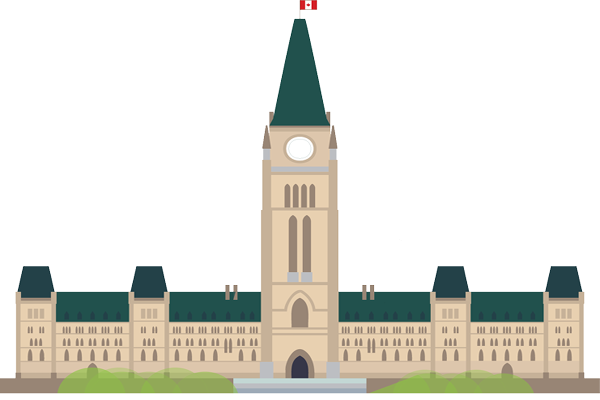Engaging Ministers and Government Officials

Introduction
Ministers and officials working in their government departments (the Executive branch of government) have power and influence over what issues make it onto the law reform agenda. Learning how to engage with Ministers and government officials: deciding who you should meet with, setting up meetings, planning what to say, and following-up, are an essential means of advancing feminist law reform. Even brief in-person meetings, where you have the full attention of the official you are speaking to, can be extremely effective.
Watch
Read
Examples of letters sent to Ministers and other government officials
BILL C-28: Letter to Senators (self-induced extreme intoxication)
Co-signed by 19 other feminist law reform and equity seeking groups.
Canada must protect the rights of sex workers during COVID-19 by ensuring access to emergency income supports
Engage & Discuss
In what situations do you think it might be strategic to meet with a Minister or a departmental official, as opposed to an MP or a Senator?
When might it be more strategic to meet with a Minister’s political staff?
Which ministers might be the most useful for you or your organization to engage with?
Construct a short, mock agenda for a 10-minute meeting with a Minister or government official. Role-play your greetings and opening statements with a classmate, colleague or friend.